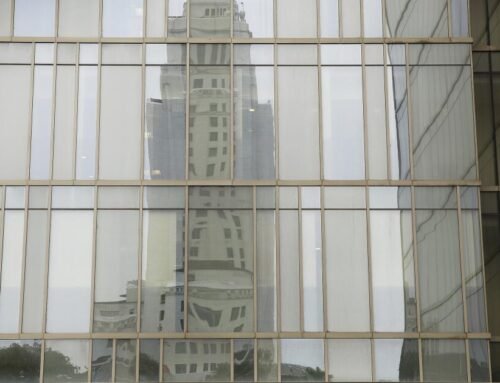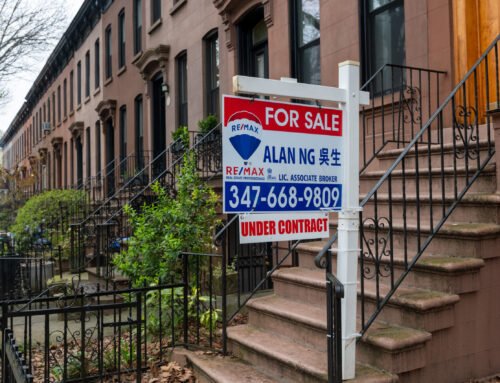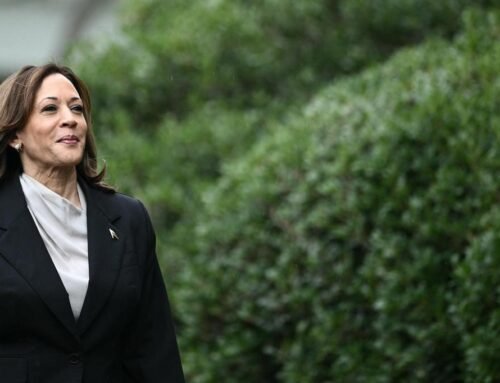
The debate surrounding e-bikes and whether they should be allowed on Boulder County Open Space trails has largely focused on speed and safety.
However, after completing a yearlong pilot program to study e-bike usage in Boulder County, Parks and Open Space found e-bikes actually travel slower than conventional bikes, confirming their initial recommendation to allow e-bikes on most trails along the plains.
“Currently, I don’t feel that speed is a problem,” said Tina Nielsen, Boulder County’s special projects manager tasked with heading up the e-bike pilot program.”Most of the concerns we heard were about bike etiquette, but that’s a bike problem, not just an e-bike problem.”
Across all trails, e-bikes traveled an average speed of 13.8 miles per hour while conventional bikes weighed in at 14.9 miles per hour. E-bikes did, however, travel faster going up hills and along the U.S. 36 Bikeway.
“I’ve been commuting from Longmont to Boulder on my e-bike almost daily for almost 10 years now,” Chuck Ankeny, the owner of Freedom Folding and Electric Bikes. “It’s the only way to go. Worst case I’m only 10 minutes slower than a car and anything we can do to get people out of their cars is a step in the right direction.”
He added, though, he believes only pedal assist e-bikes should be allowed, so to avoid the potential for people losing focus while riding class 2 e-bikes that have a throttle.
As a result of the survey and in hopes of promoting multi-modal transportation options, Parks and Open Space maintained its recommendation to allow class 1 and 2 e-bikes, which cease to provide assistance when the e-bike reaches 20 miles per hour, on all Boulder County trails along the plains except The Boulder Canyon, Coalton, and Mayhoffer-Singletree Trails, which lead to city-owned trails that currently prohibit e-bikes.
While this all bodes well for the future of e-bikes, Nielsen noted that only 12 e-bikes were able to be clocked as part of the pilot program and suggested these trends could change as more people adopt e-bikes.
“Right now we’ve found that e-bike users in Boulder County fall into two demographics,” she said. “On the recreation side, they are usually older people who have some sort of physical restriction and e-bikes allow them to continue to get out and enjoy riding. The second group tends to be younger people who are using e-bikes to take their kids to school and pick up groceries, but we’re not confident that this is predictive and could change as you see more e-bikes over time.”
With that in mind, when Parks and Open Space present its recommendations to the Boulder County Planning Commission on Oct. 16, it is not recommending expanding e-bike usage onto mountain trails, but will discuss the pros and cons of enacting speed limits.
It will also discuss whether e-bikes should be parenthetically added as a form of passive recreation allowed on Boulder County Trails, or if the Boulder County Planning Commission should amend the Comprehensive Plan and redefine “passive recreation” in preparation for other electric modes of transport.
Expanding that definition, however, appears to be unlikely.
“I feel like (e-bikes) might be an exception that we’ll take a look at, but anytime jetpacks show up I want it to be hard and have it go through this whole process, too,” Commissioner Elise Jones said during a commissioners meeting in March. “So we really want to define the characteristics about how it’s really important that any use not harm the environment and not degrade user experience as a rationale for why we made the decision that we made.”
Following the Oct. 16 meeting, Parks and Open Space will go before the Parks & Open Space Advisory Committee on Oct. 24, the Board of County Commissioners on Nov. 13, then back to the Planning Commission for final approval on Dec. 18.






Leave A Comment